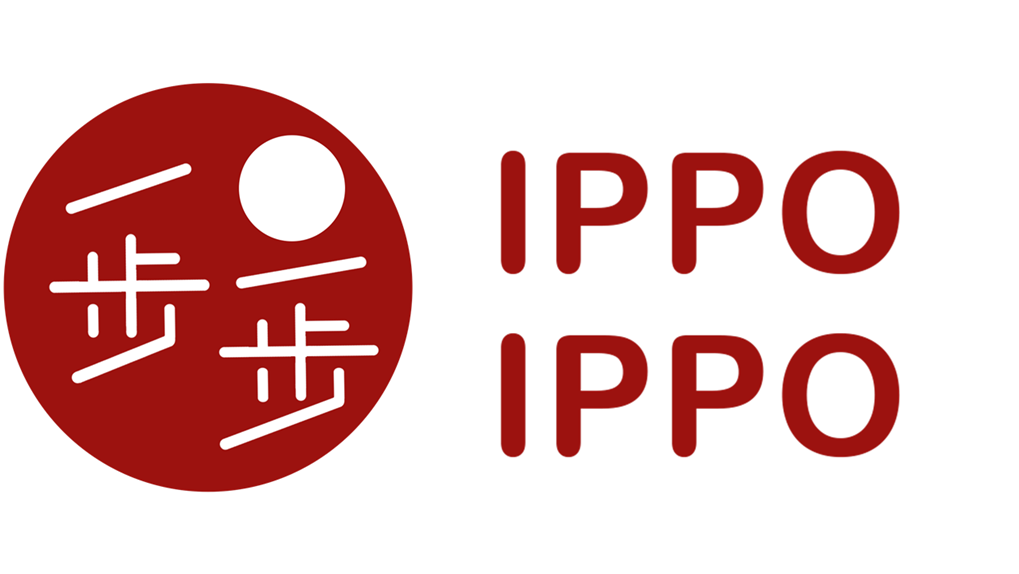Posted: 12th Jan 2023
As a Japanese teacher, I’m often asked which textbooks are best for learning the language. The answer is: it depends!
While textbooks certainly aren't a must when it comes to language learning (I personally tend to only use them alongside other materials), as they can be a powerful way to plan and structure your studies, in this post I'm going to give a rundown of which books I recommend – and personally use – for what kind of learning.
Note: you can click here to read an abridged version of this post in the Best Japanese article The Top 14 Textbooks to Learn Japanese.
Extra note: none of the following links are affiliated, meaning I don't earn money when you click through to another website.
Don't want to scroll all the way through? Use the following links to jump ahead to any given section:
Beginners & Lower Intermediate Level
First up, the main textbooks I use with learners at these levels are Genki I and II.
The Genki books are the ones I initially used to learn Japanese myself while studying at the University of Edinburgh, so full disclosure: I may have a slight nostalgia bias!
As a student, I remember enjoying the different characters and stories featured in Genki, while also appreciating the amount of practice exercises it gave both for in class and as homework.
As a teacher, my favourite thing about Genki I and II is the consistency of format, (again) the number of practice exercises and – perhaps most importantly – the sheer amount of official and unofficial accompanying materials you can find online. These include online quizzes, games, podcasts, videos and even apps.
All of this said, Genki does have its downsides, including overly wordy grammar explanations, as well as the fact that it is designed to be used in a group class setting. It also skips over some very important practical language. For this reason, I personally supplement it with other materials including the Irodori textbooks, and would not particularly recommend Genki if you’re studying by yourself.
Speaking of Irodori, my favourite things about these textbooks include the colourful visual explanations, in-depth (yet engaging!) cultural notes and the authentic, practical nature of much of the language covered. It also doesn’t hurt that the whole Irodori series is available online entirely for free!
Despite my appreciation for Irodori, it does some have some features that I don't enjoy as much, including the overall structure (which I personally find a little hard to follow compared with Genki, which has a narrative), as well as the somewhat small number of practice exercises, especially when it comes to reading and writing. As such, I prefer to dip in and out of the topics covered as they come up with my students, and would recommend Irodori mainly as an add-on material – although it’s worth mentioning that if you have imminent plans to be in Japan, these books will do a good job at setting you up with many key phrases you’ll need in everyday interactions.
Self-Study (Beginners)
When it comes to self-studying with a textbook, Japanese from Zero 1 - while not a book I have personally taught or learnt from - is something I’ve recently seen many self-taught students make impressive progress with. Its fun style feels like a breath of fresh air compared with many textbooks, and while the introduction of hiragana follows a somewhat slow pace, this can work well for a lot of people who aren’t ready to race through memorising the script (as required by books like Genki I).
It may be that there are other textbooks out that there are excellent for self-learning as a beginner, but for now, I will stick with this one option that has particularly stood out to me in recent years. Do you have any similar books you'd recommend? Let me know if so!
Upper Intermediate Level (N3-N2)
Moving beyond intermediate level, Tobira: Gateway to Advanced Japanese is a book I have used as both a learner and teacher, and it is one I’ve recently used parts of with some of my advanced students (N3 to N2 level).
Note: you will notice that I have conveniently skipped over intermediate level! This is because I'm currently mulling over my preferred textbook(s) for intermediate learners. After all, "intermediate" can decribe a whole range of levels, and I personally view most of my intermediate learning as having taken place during my year abroad at Kwansei Gakuin University (in the 3rd year of my degree), during which we used so many different books I eventually lost track. As such, I have tended to use a mixture of resources with my own students as well, which I think has its benefits. However, I do hope to update this post at some point with a recommended textbook for intermediate level, so keep an eye out for updates on my social media or in my newsletter!
Back to Tobira: I recommend this book to anyone who enjoys going deep into specific topics (e.g. about Japanese culture, politics or language), as well as to those particularly keen on reading practice. If you have a teacher or study buddy to work with, there are also plenty of speaking roleplay activities to have a go at, as well as extra videos and practice materials you can access online.
JLPT Textbooks
For those studying for the JLPT, my very first recommendation is to check out the Nihongo Sōmatome series. These books can do a great job of providing structure to your learning, with each chapter based on (an admittedly sometimes ambitious) one week's worth of study.
If you find yourself struggling to keep up with the suggested pace, you can always scale it back while keeping things regular - for example, by covering one week’s worth of content over two weeks.
The Nihongo Sōmatome series covers every level of JLPT, but here are a few links for you to check out:
*For N5, there is unfortunately just one book covering all sections of the exam. As with preparing for any level of the JLPT, it's best to rely not on just one textbook to get ready for the exam. Instead, I suggest supplementing your studies with other resources, e.g. other textbooks, reading materials, podcasts and online quizzes.
Speaking Practice
If you’re looking for more speaking practice (at any level), I highly recommend checking out Shadowing: Let’s Speak Japanese. While shadowing isn’t for everyone (do look up what it is before making a purchase!), when I first stumbled across these books, I found they gave me a major boost in my Japanese pronunciation and intonation, and since becoming a teacher I have seen them do the same for some of my students as well.
Assuming you enjoy shadowing, the good news is that once you've become accustomed to the practice of shadowing in general, you can then apply it to pretty much any audio material without needing to buy another textbook. In this sense, I see these books as an investment in developing a learning skill rather than something to pick up, finish then forget about forever.
Kanji
Finally, for kanji study, Kanji Look and Learn (and the accompanying workbook) is a solid choice when it comes to learning your first 512 kanji, taking you right from the start all the way up to JLPT N3 level.
While I know many people prefer to learn kanji through apps or flashcards, if learning to write by hand is something you don’t mind (or maybe even enjoy!), I recommend checking out this textbook. Unlike many of its peers, it comes with mnemonic hints for every kanji, as well as plenty of practice exercises in the workbook, which I find helps students to apply the kanji they’ve learnt to real-life sentences – in particular when it comes to grasping when (or when not) to add okurigana.
Here's a review of Kanji Look and Learn by ReenBenkyou:
For those moving beyond JLPT N3 level, another textbook I have found useful in the past is Tobira: Power Up Your Kanji. It's important to note that this is a supplement to the Tobira: Gateway to Advanced Japanese book mentioned above. However, if you enjoy kanji drills (as opposed to flashcards) as a way of learning, it really can deliver on the promise of its title.
Final Thoughts
I hope you've found these suggestions helpful!
If you struggle with the sheer volume of different textbooks and other Japanese study materials out there, know that you’re not alone. It can be really hard to work out where to start or what to pick next, and even as a teacher I still feel overwhelmed at times knowing there are so many other materials out that I *could* be using with my students.
The truth is, there’s no “right” way to learn Japanese. The best way to get started with your learning is to do just that: pick something that looks decent enough, ignore the rest for now and make a start with what you have in front of you. The biggest deciding factor as to whether you’ll get better at the language or not is not, after all, how long you spend choosing your textbook, but how long you spend on the act of studying itself! The good news is that even if you pick something that doesn’t work out, there’s a healthy market in second hand textbooks that you can almost certainly fall back on.
So all that remains to say is best of luck and happy learning! 頑張ってください!(Ganbatte kudasai!)
You've reached the end of this post! I hope you enjoyed it.
For updates on posts like this sent straight to your inbox, sign up to my newsletter (sent no more than once a month):

Support Me on Ko-fi
If you've enjoyed this post and would like to see more like it in future, please consider sending a donation - however small! - via Ko-fi. I don't include any affiliated links or ads on my blog, so every little helps!
Please donate via the portal below or by going directly to the Ippo Ippo Japanese Ko-fi page.







